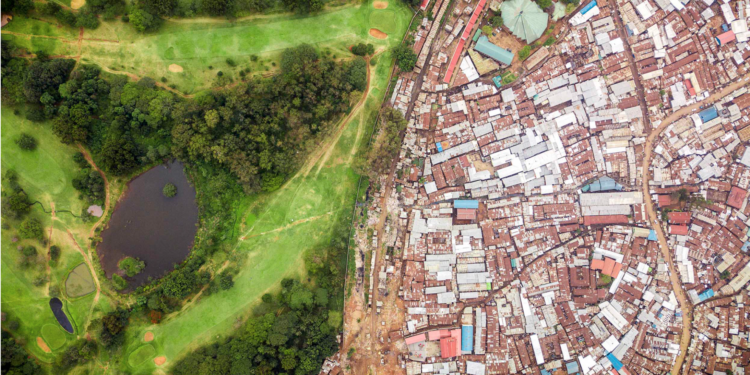The World Inequality Database indicates that the pre-tax national income of Kenya’s top 1% was higher than that of its bottom 50% in 2021 with the World Bank describing Kenya’s inequality as “persistently high”.
There are various effects of economic inequality, including and not limited to health and social problems, with health of a population more closely related to inequality than national average incomes within rich countries.
The greater assumption is that inequality helps those at the bottom, but the truth is that economic inequality harms an entire society.
Read: Agriculture As Kenya’s Major GDP Contributor
Just using health as an example, poor health as a result of inequality increases health spending. This, in addition to a reduction in educational performance for those in poverty, leads to a reduction in the productive potential of a workforce.
What then can be done? In Kenya, wealth inequality is a result of corruption. According to the IMF, corruption increases income inequality through biased tax systems favouring the wealthy and well-connected, perpetuating an unequal distribution of asset ownership and unequal access to education among other reasons.
There is also the issue of direct embezzlement of public funds as a significant proportion of Kenya’s wealthy are politicians. Solving inequality in Kenya will therefore be done by solving the systemic causes of inequality, including the rural-urban, regional and class differences in development that began during colonialism
Email your news TIPS to editor@thesharpdaily.com
















